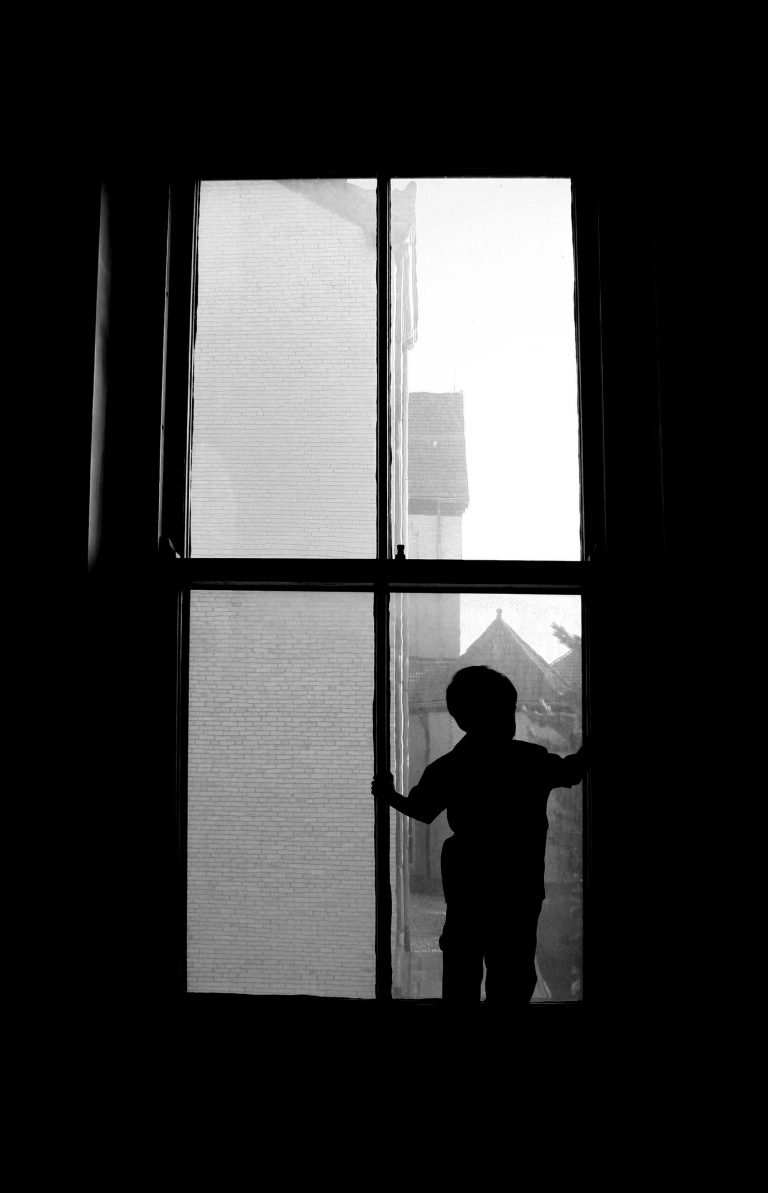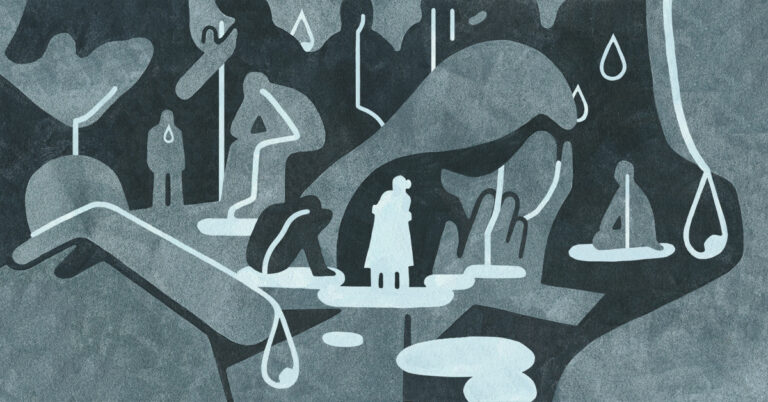
Image by ThreeJays/Getty Images, © All Rights Reserved.
The Body Remembers
Here’s a quick experiment about your past that will tell you a vast amount about your future.
Check all that apply:
- Did you experience recurrent emotional abuse as a kid?
- Physical?
- Sexual?
- Did you experience physical neglect?
- Emotional neglect?
- Did anyone in your childhood home have substance abuse issues?
- Did anyone struggle with mental illness?
- Did anyone participate in criminal behavior and/or go to jail?
- Was your mother ever treated violently?
- Did you experience divorce or parental separation?
How many checks do you have? This is what clinicians call your ACE score. It stands for “adverse childhood experiences” and study after study has confirmed that it has a huge influence on your lifetime health. For starters: The life expectancy of individuals with ACE scores of six or more is twenty years shorter than it is for people with no ACEs. And a person with four or more ACEs is twice as likely to develop heart disease and cancer.
This might sound rather extreme, but also pretty intuitive to you. You might assume that someone who had a hard childhood might not make the most self-preserving choices or have access to quality healthcare. But what’s not so intuitive is this: Having these kinds of experiences at a young age actually changes your physiology. It floods your little, unfinished system with cortisol — changing the way your body deals with stress forevermore. It throws hormonal processes out of whack, the kind that can create thyroid disorders. It dysregulates your immune system. It even turns certain genes on and off. Despite our moralizing culture which makes too many of us feel like our destiny is entirely a result of our own will power, researchers have found that “bad behavior” — smoking, drinking, drug addiction etc. — accounted for only 50 percent of increased likelihood for disease for people with high ACE scores.
As Dr. Nadine Burke Harris writes in her fascinating new book, The Deepest Well: Healing the Long-Term Effects of Childhood Adversity, “The body remembers.”
The tiny body really remembers. While adults who experience something traumatic are often capable of re-wiring their stress response over time, the severity and stubbornness of the effects of trauma on children are more potent. Dr. Burke Harris explains, “The difference between adaptive and maladaptive reactions is all about the when.”
When little children are exposed over and over again to what is often referred to as “toxic stress,” it can cause a wide range of problems immediately — obesity, growth failure, ADHD etc. — and an even wider range over time. Their systems are so in flux, so vulnerable. We’ve actually known this for going on two decades. And yet, the majority of pediatricians and primary physicians don’t screen for ACEs. They treat the symptoms, but not the underlying causes. Fewer still have mental health services collocated on site — what is called “integrated behavioral health services.”
But that can change. Dr. Burke Harris is on a mission to see that it does.
The good news is that the damage done to children because of “toxic stress” doesn’t have to be permanent. Dr. Burke Harris has found that a combination of improved sleep, access to mental health services, healthier relationships, exercise, improved nutrition, and mindfulness training were critical for healing. But another, even simpler thing, matters: “The key to keeping a tolerable stress response from tipping over into the toxic stress zone is the presence of a buffering adult to adequately mitigate the impact of the stressor,” she explains.
In other words, it just takes one of us — one relatively informed, supportive adult to stand between a sweet kid and a lifetime of health struggles.
Now before you imagine that the kind of kid who needs you most is only to be found in a setting like the one Dr. Burke Harris works in — San Francisco’s poorest neighborhood, Bayview Hunters Point — think again. Sixty seven percent of the general population has at least one category of ACE and 12.6 percent have four or more, regardless of income or race. As Dr. Burke Harris writes:
“Toxic stress is a result of a disruption to the stress response. This is a fundamental biological mechanism, not a money problem or a neighborhood problem or a character problem.”
Adversity is inevitable, even in the lives of little ones, but its long-term effects don’t have to be so deleterious. Toxic stress, this equal opportunity villain, thrives most in silence and isolation. The more that adults can come to terms with our own ACE scores, and understand how the stress we processed as children may still be influencing our way of moving through the world, the more adept we will be at assisting today’s children in navigating the hard stuff. The biological mechanisms are admittedly complicated, but the cures are pretty simple: courageous conversation and buffering love. No one needs a medical degree to participate in this kind of healing.


Share your reflection